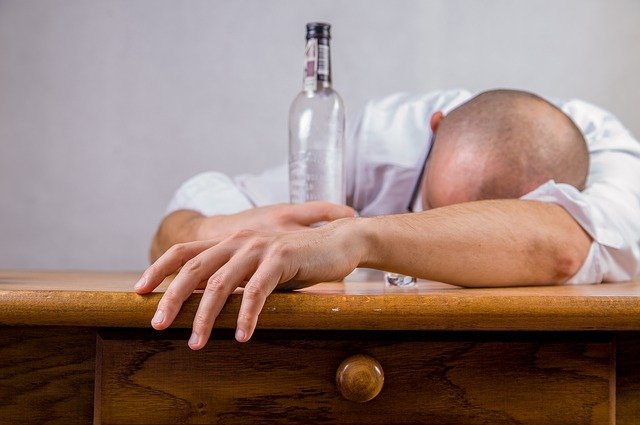Sober Coaching For Adults: Ways of How To Prevent Relapse
Image by Michal Jarmoluk from Pixabay
During the early stage of recovery from addiction, an individual frequently encounters relapses, and this is the most inevitable part of recovery. It’s difficult for them to resist temptations of using drugs and alcohol again when triggers are present everywhere.
As COVID 19 continues to prevail, lockdowns are still implemented all over the states of the USA, keeping people stay in their homes… contained. During the challenging time of the pandemic, 60% of people have increased their alcohol consumption.
If you are one of the people who are recovering from addiction and relapsing often, you don’t have to blame yourself because you are not a failure. It takes courage to submit themselves to rehabilitation facilities and undergo heavy detoxification treatment. Your challenge, for now, is preventing not making your efforts into waste because you relapsed.
In this short guide, we will give you a helpful guide on how you can be successful in your recovery journey. Read on to know some tips and where you can seek help to prevent relapse.
Effective Ways to Stay Sober
1. Avoid your common triggers.
This is one of the hardest steps when you want to live a sober life. During your rehabilitation, the treatment process will make you aware of the factors, things, situations, that can trigger you from craving substances that you have once been addicted to.
However, there are some factors that can trigger a relapse that is hard to fight. These include emotional or physical stress, loneliness, and containment (which is timely for today’s crisis). We’ll talk about this further in the following tips. But for now, the best thing you can do is to know yourself and identify your triggers and find ways to disengage from these harmful substances.
2. Establish a positive support network to keep in touch with.
The people surrounding you will mold you into what you are right now. That being said, you need to build a network that would positively impact you and your overall well-being. Find someone who can understand your situation and someone who can uplift your spirit.
Loneliness and containment are some of the biggest factors that trigger one’s cravings for substances. Therefore, connect to someone that can cheer you up during this challenging time or join a group that is with your same interest. When you are living with your parents or siblings, bond with them, talk about life, bake some cookies, or commune with spiritual intent.
3. Develop a healthy diet, exercise, and sleep hygiene plan.
We all know that your body is greatly affected by the substances that you are exposed to, you might get bigger or thinner. Therefore you need to make amendments to your body and start loving them. Make a program that can build back your normal self.
Doing exercise can boost the production of happy hormones in your brain. These hormones are called endorphins that trigger that “feel good” sensation in your body.
Though insomnia is one of the problems recovering individuals have to face after the treatment. Having a good sleep at night also helps clear your mind and your health overall.
4. Discover some new hobbies or reconnect with old ones.
Now that you have eliminated the use of harmful substances in your life, you will finally realize that you are left with a lot of time doing nothing. Downtime can trigger your craving to do something you used to enjoy – sniffing something or emptying wine bottles.
In your free time, you have a lot of free time discovering new hobbies. It could be something physical like basketball, swimming, golfing, boxing, etc. You can also try cooking and baking, who knows, you might be discovered as a great chef. Doing something related to art can also be a good hobby to learn, this way, you can express the artistic side of yourself.
5. Don’t be afraid to ask for help.
Asking for help doesn’t mean being weak. Though it’s not easy you have to learn to ask for someone’s help if you want to prevent relapse. You may ask for help from institutions that offer sober services to guide you successfully all throughout your recovery journey.
You don’t have to get all through this on your own. It is more stressful that way. Practice tapping someone to help you, for sure they would understand you completely and never judge you about your situation.
Say Hooray for Being Sober!
Many people would say that you only need a relapse prevention plan when you need one but you should know that these are the skills you need to have in order to make your recovery more fruitful.
These are just some of the most effective ways on how you can prevent relapse and certainly, there are a lot more out there. Adding these ways to your daily routine can help you achieve long-term success.
When in need of help, you can always tap sober coaches to help you see a brighter future and live peacefully in a cleaner, healthier, and sober lifestyle.

